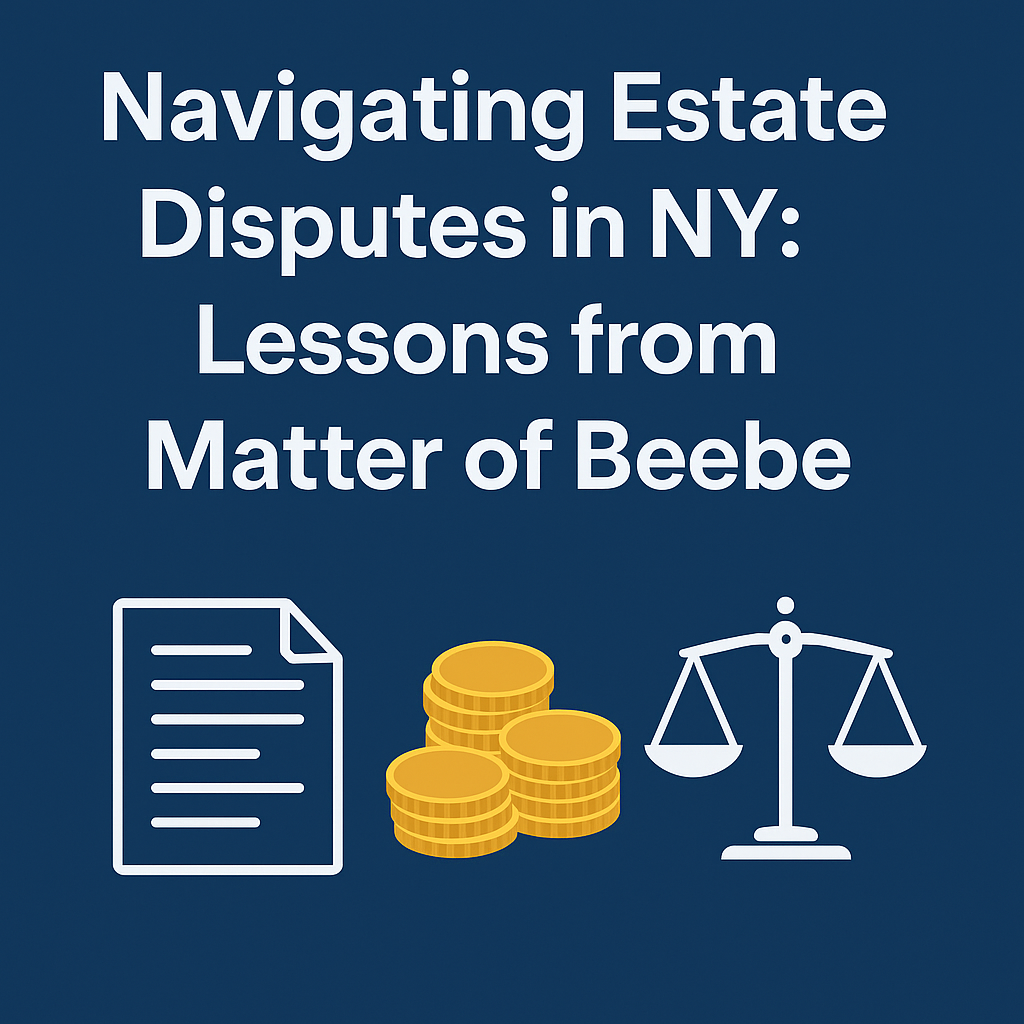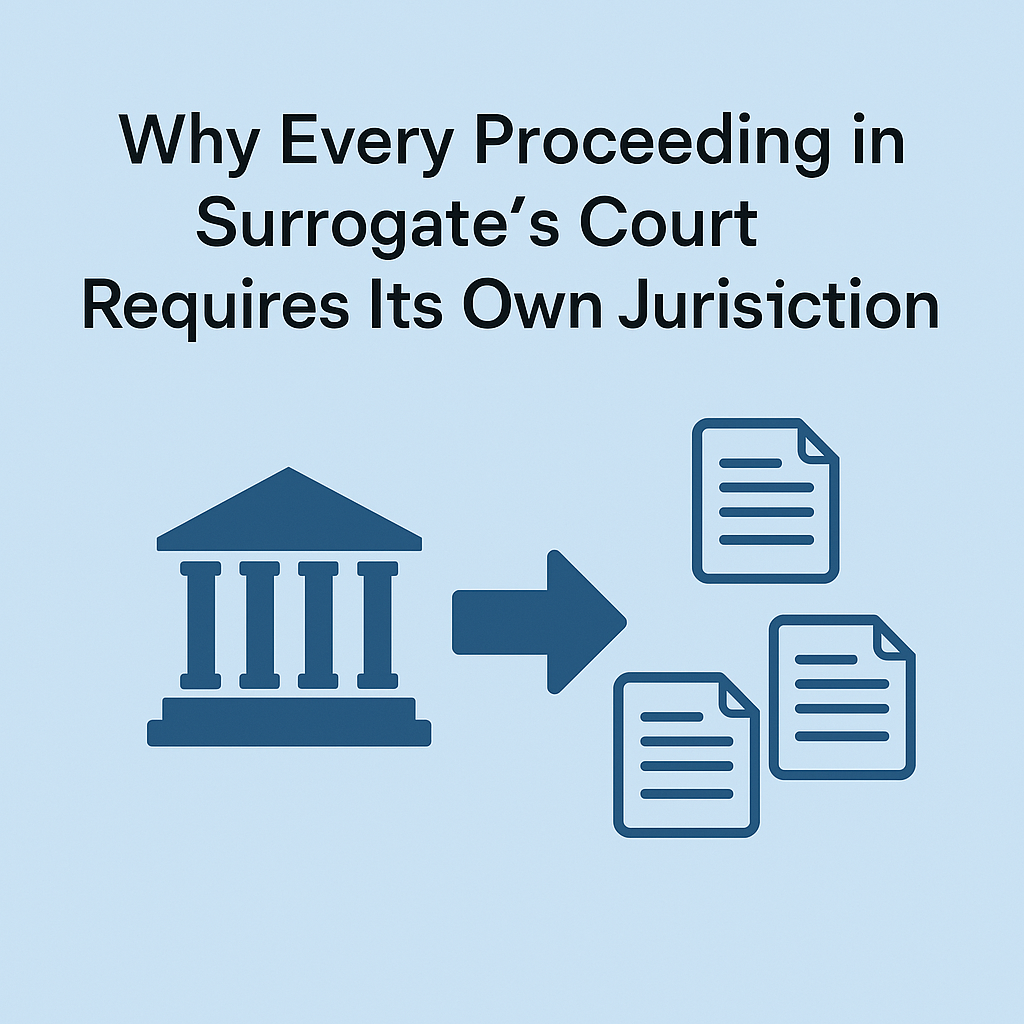The New York WebSurrogate system has raised concerns among users who find it too restrictive. This post examines whether the limited search is justified under Section 207.64 of the Uniform Rules for the Surrogate’s Court.
Some users have expressed frustration with the limitations of the WebSurrogate system. The WebSurrogate Help Guide states that these changes were implemented to protect personal information and prevent “fishing expeditions” that return large, unfiltered result sets:
I could find/view more file records with the old search tool.
Why can’t I search file records by Judge, Proceeding, or File Date? Why do I have to enter a complete File # in File Search?
Why does File Search only allow view of a single record?
Why do I have to enter so many characters for Name Search? Why are results limited to 1,000 records?To protect personal information in accordance with Section 207.64 of the Uniform Rules for the Surrogate’s Court, WebSurrogate was designed to prevent open searches, previously allowed in the UCMS Surrogate’s Public Access search module. Some search parameters were dropped because they supported “fishing expeditions” returning huge results sets without proper filters to limit views and/or access to information.
The primary use case for WebSurrogate public search functions assumes the user knows the name and date of death or the file number for a proceeding. Name searches allow fuzzy searches and will yield a larger result set. However, a results list of over 1,000 records compromises performance, making view, sort, and navigation slow and cumbersome.
However, it is important to note that probate proceedings are public, and most documents are accessible to the public. Section 207.64 does not suggest that open searches should be limited. Instead, it emphasizes the protection of confidential personal information while maintaining public access to most records. The rule explicitly states: "This rule shall not preclude disclosure or copying of any index of filings maintained by the court." Therefore, it appears that the limitations imposed by the WebSurrogate system may not be fully aligned with the intent of Section 207.64. The rule primarily aims to protect sensitive information, not to restrict access to public records:
Section 207.64 Omission or Redaction of Confidential Personal Information; Public Access to Certain Filings
(a) Omission or Redaction of Confidential Personal Information.
(1) Except as otherwise provided by rule or law or court order, and whether or not a sealing order is or has been sought, the parties shall omit or redact confidential personal information in papers submitted to the court for filing. For purposes of this rule, confidential personal information ("CPI") means:
i. the taxpayer identification number of an individual or an entity, including a social security number, an employer identification number, and an individual taxpayer identification number, except the last four digits thereof; and
ii. other than in a proceeding under Article 13 of the SCPA, a financial account number, including a credit and/or debit card number, a bank account number, an investment account number, and/or an insurance account number, except the last four digits or letters thereof.
(2) The court sua sponte or on motion by any person may order a party to remove CPI from papers or to resubmit a paper with such information redacted; order the clerk to seal the papers or a portion thereof containing CPI in accordance with the requirement of 22 NYCRR §216.1 that any sealing be no broader than necessary to protect the CPI; for good cause permit the inclusion of CPI in papers; order a party to file an unredacted copy under seal for in camera review; or determine that information in a particular action is not confidential. The court shall consider the pro se status of any party in granting relief pursuant to this provision.
(3) Where a person submitting a paper to a court for filing believes in good faith that the inclusion of the full CPI described in Paragraph (1) of this subdivision is material and necessary to the adjudication of the proceeding before the court, he or she may apply to the court for leave to serve and file, together with a paper in which such information has been set forth in abbreviated form, a confidential affidavit or affirmation setting forth the s ame information in unabbreviated form, appropriately referenced to the page or pages of the paper at which the abbreviated form appears.
(4) When served with objections or a request for an inquiry or examination under SCPA 2211 or 1404 that specifies a request for particular unredacted documents previously filed in the proceeding with respect to which the objection or request for inquiry or examination relates, the party who originally served and filed the redacted document shall serve (but not file) an unredacted version upon all parties interested in the proceeding or such portion of it to which the objection or request for inquiry or examination relates.
(b) Public Access to Certain Filings
The officers, clerks and employees of the court shall not permit a copy of any of the following documents to be viewed or taken by any other person than a party to the proceeding, or the attorney or counsel to a party to the proceeding, the Public Administrator or counsel thereto, counsel for any Federal, State or local governmental agency, or court personnel, or by order of the court or written permission of the Surrogate or Chief Clerk of the court. The standard for the grant of such permission in a contested matter shall be the same as required under 22 NYCRR 216.1 and applicable law:
(1) All papers and documents in proceedings instituted pursuant to Articles 17 or 17-A of the SCPA;
(2) Death certificates;
(3) Tax returns;
(4) Firearms Inventory; and
(5) Documents containing information protected from disclosure under other provisions of Federal or State law such as HIPAA for medical information, job protected services reports, material obtained from a state mental hygiene facility under MHL 33.13, and records involving alcohol or other substance abuse under 42 CFR 2.64. These examples are not intended to be exclusive.
This rule shall not preclude disclosure or copying of any index of filings maintained by the court. Any determination by the court regarding access to any filings may be the subject of an appropriate motion for clarification or reconsideration.
In summary, while the New York WebSurrogate system aims to protect personal information and prevent misuse, its limitations may not fully align with the intent of Section 207.64 of the Uniform Rules for the Surrogate’s Court. This rule emphasizes the protection of confidential personal information while maintaining public access to most records.
Users who find the current system restrictive may consider seeking clarification or reconsideration from the court regarding more robust online access to filings. By understanding the balance between privacy and accessibility, users can better navigate the current limitations of the WebSurrogate system and advocate for any necessary adjustments to improve its functionality and utility. Perhaps one day, WebSurrogate will fully realize its goal of enhancing "accessibility and efficiency."
Hani Sarji
New York lawyer who cares about people, is fascinated by technology, and is writing his next book, Estate of Confusion: New York.






Leave a Comment